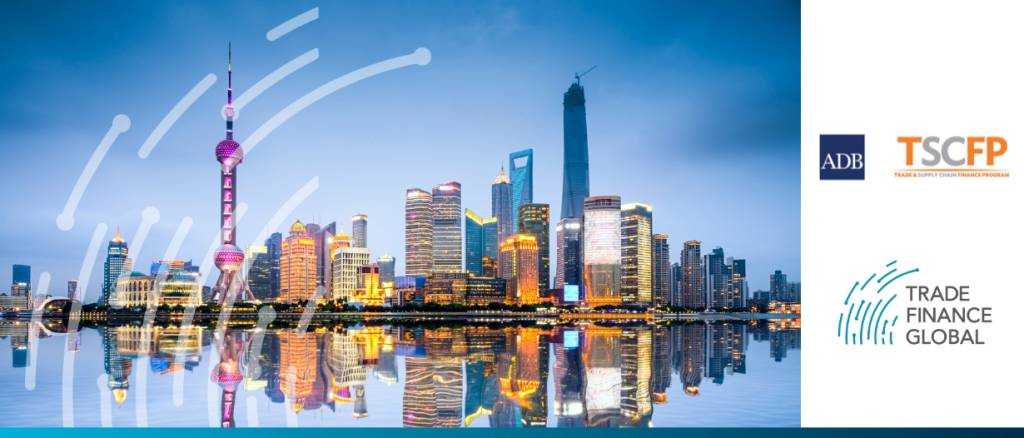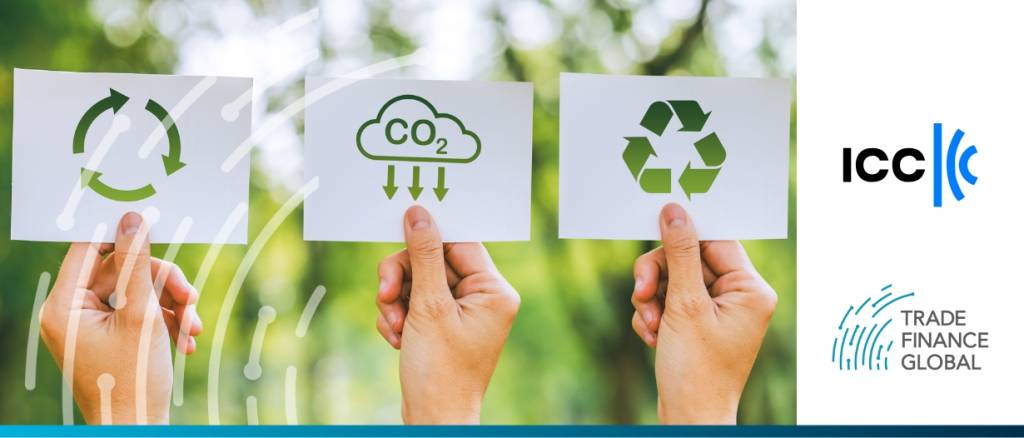As these nations grapple with mounting climate impacts, their banking sectors face a critical juncture. There are two options: drive the transition to a green economy or risk being overwhelmed… read more →
The ICC published these principles in October 2024, establishing clear guidelines to help financial institutions, corporates, and investors direct capital towards sustainable and inclusive trade finance. “Standard Chartered first introduced… read more →
COP29 has earned the nickname “finance COP” for its discussion on regulations, investment, and ways to finance the green transition, especially for small and medium-sized enterprises (SMEs) and developing countries. … read more →
Over a dozen export credit agencies and three multilateral financial institutions are attending the forum in Shanghai. This year’s theme, ‘Regional Cooperation in Asia and Global Economic Integration,’ comes as… read more →
The Joint Declaration on Baku Climate Coalition for SMEs Green Transition should help small businesses fully engage in the shift to sustainable business models ahead of COP30 in Brazil next… read more →
The updated Principles for Sustainable Trade offer more actionable guidance for assessing the sustainability of trade transactions. They have been designed to be sector-agnostic, allowing banks and corporates alike to… read more →
Climate change is no longer an abstract future threat; it is a pressing reality with tangible effects on ecosystems, societies, and economies around the world. Businesses and financial institutions must build climate resilience in response to increasingly threatening climate challenges.
The energy transition is more than just a buzzword; it represents a fundamental shift in how the world generates and consumes energy.
To effectively address climate action and build resilience in Mongolia, attention must be directed to three critical areas: livestock, forests, and water. These sectors are central to the Government of Mongolia’s ‘Vision 2050’ initiative, particularly its pledge to “protect the planet Earth and its pristine nature”.
Talking about trade and sustainability can be a double-edged sword: international trade is denounced by climate and anti-globalisation activists for polluting the planet, but many see great potential in trade to power a green transition. Like it or not, trade makes up almost 30% of global GDP; it has also lifted over a billion people out of poverty in the last decades, and is going to become an increasingly central part of the fight against climate change as more parts of the world become integrated in the global market.
























